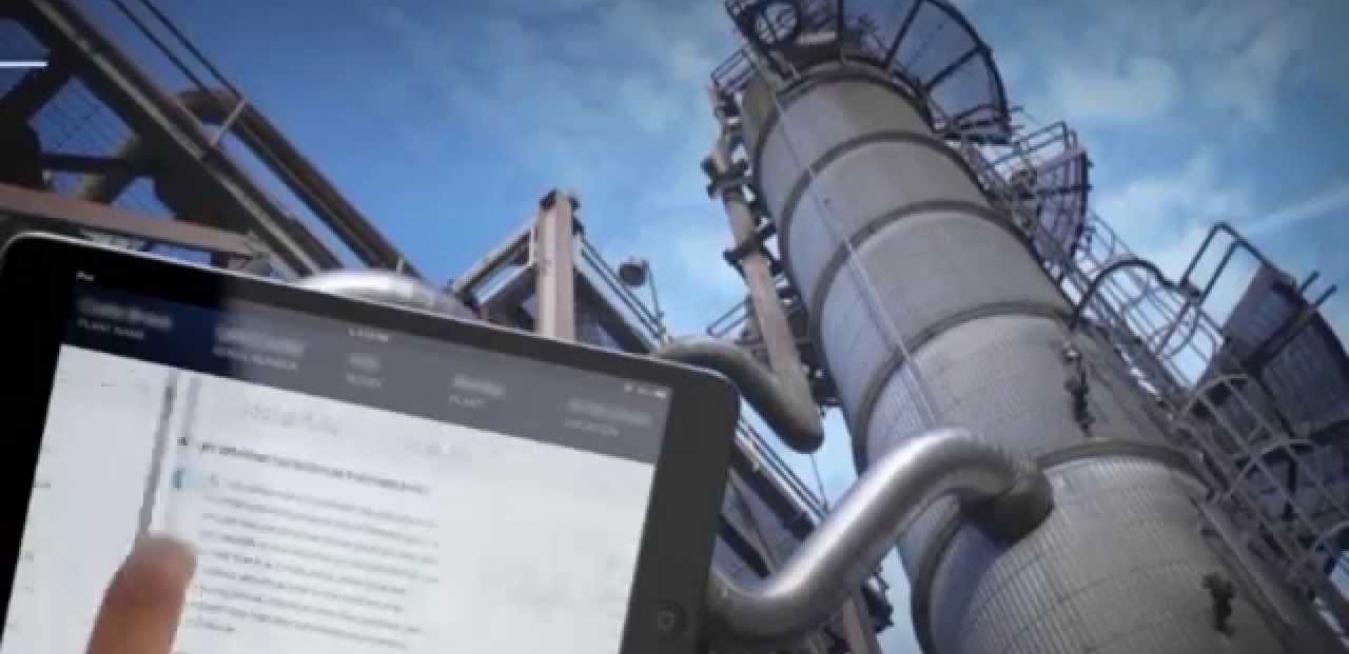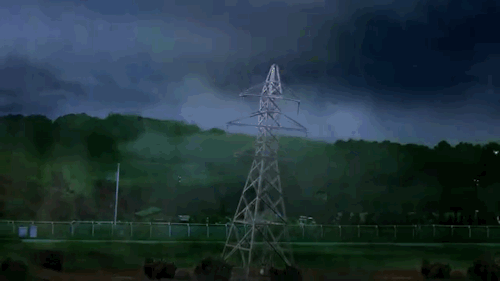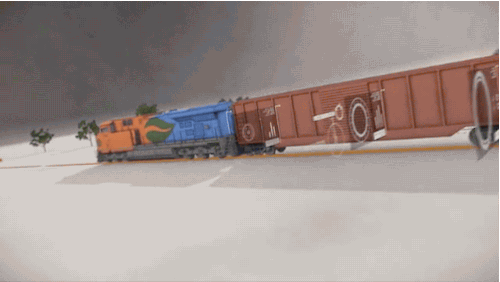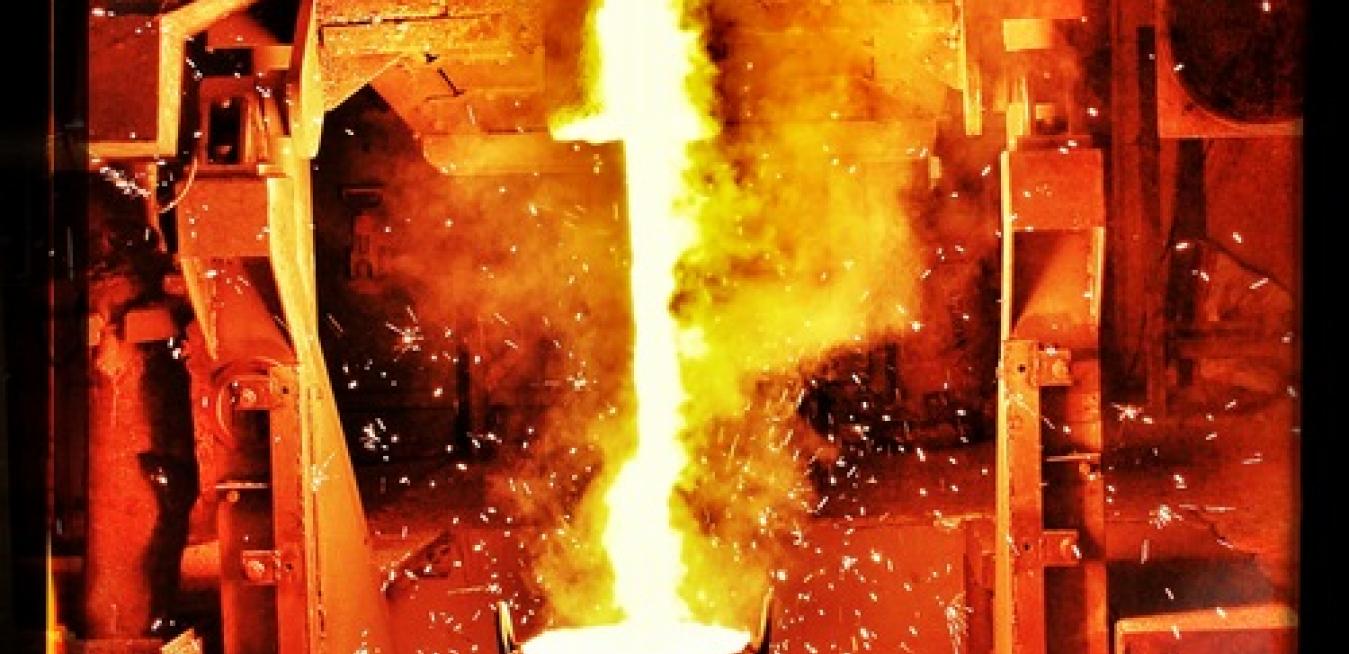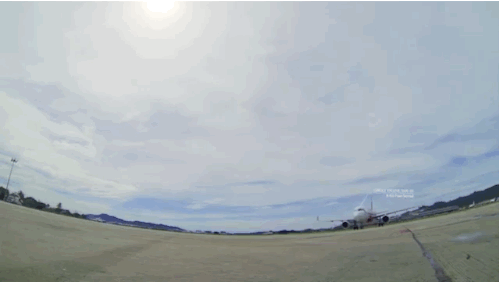Nobody wants to be late. But at a busy airline hub like Atlanta or Chicago, even a brief delay in aircraft arrival can result in missed connections and cascade into a major inconvenience. The Bureau of Transportation Statistics reported that this year alone, more than 750,000 flights operated by U.S. carriers arrived late and over 25 percent of flights were delayed by 15 minutes or more or cancelled. The estimated economic costs of these delays, both for airlines and for passengers, are in the billions.
When the power goes out, electricity providers are often left in the dark along with their customers. That status quo is what’s keeping Naresh Acharya up at night. He is now planning to use some of the world’s most powerful supercomputers to help keep the lights on, while also allowing wind farms to produce more electricity and making the electrical grid more efficient.
“Right now, the power grid isn’t transparent,” Acharya says. “Grid operators don’t always see when something happens. We want to help them maximize the use of their assets in real time.”
Getting shale gas out of the ground is one thing. But taking it to customers is quite another.
American pipeline operators are investing as much as $40 billion every year to maintain, modernize and expand their networks. The shale gas boom is putting operators under pressure to move more gas to market faster and more safely, and many U.S. pipelines have been in service for at least two decades.
Kids sometimes make grown-ups see complicated things in simple ways. GE’s new ad about ”brilliant machines“ connected to the Industrial Internet is tapping into that power.
The system, which has already tracked more than 3 million flights and gathered 340 terabytes of data, can analyze data 2,000 times faster than previous methods and cut costs tenfold. It is so powerful that it crunched through a complex task that would have taken a month to compute in just 20 minutes.
Africa’s economic expansion was largely driven by commodities over the last decade. But today, satisfying demand involves more than just pulling ore and minerals from the ground faster. Companies like South Africa’s platinum producer Lonmin are embracing the Industrial Internet and Big Data to go smarter about their jobs.
At first glance, Air Asia’s fleet of Airbus A320 planes look like any other passenger aircraft. But look under the hood and you will find an array of sensors and proprietary technology developed by GE that make their pilots smarter.






